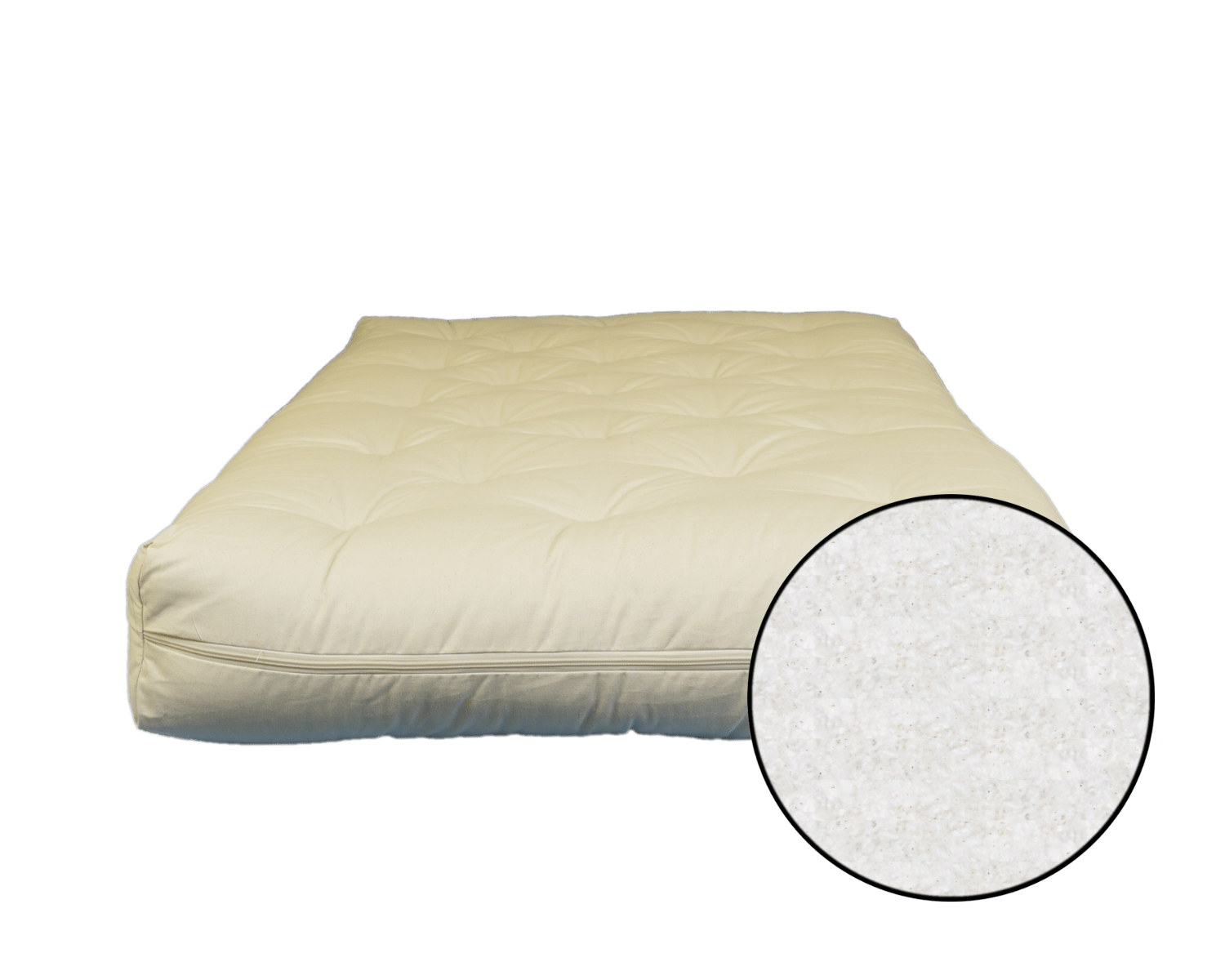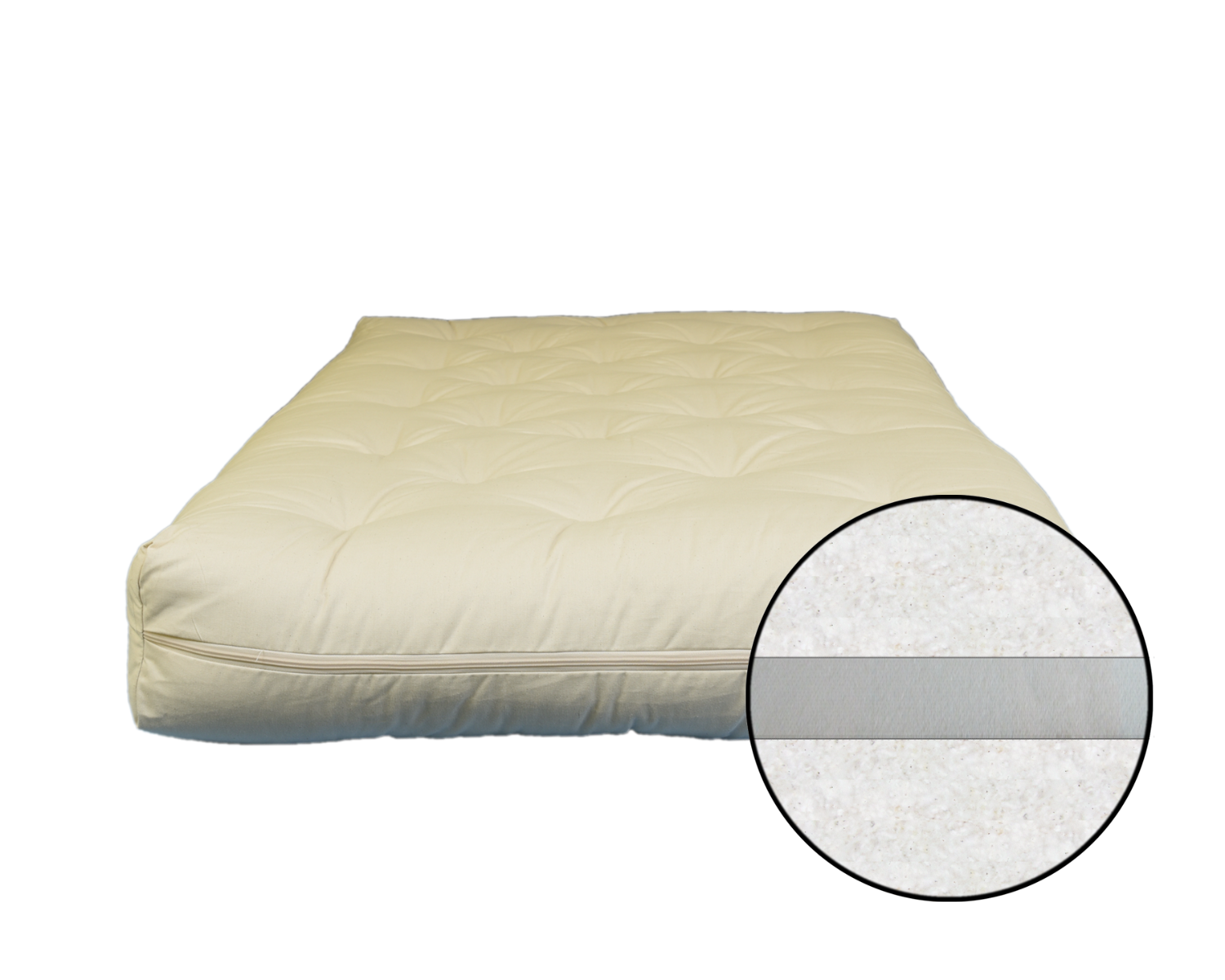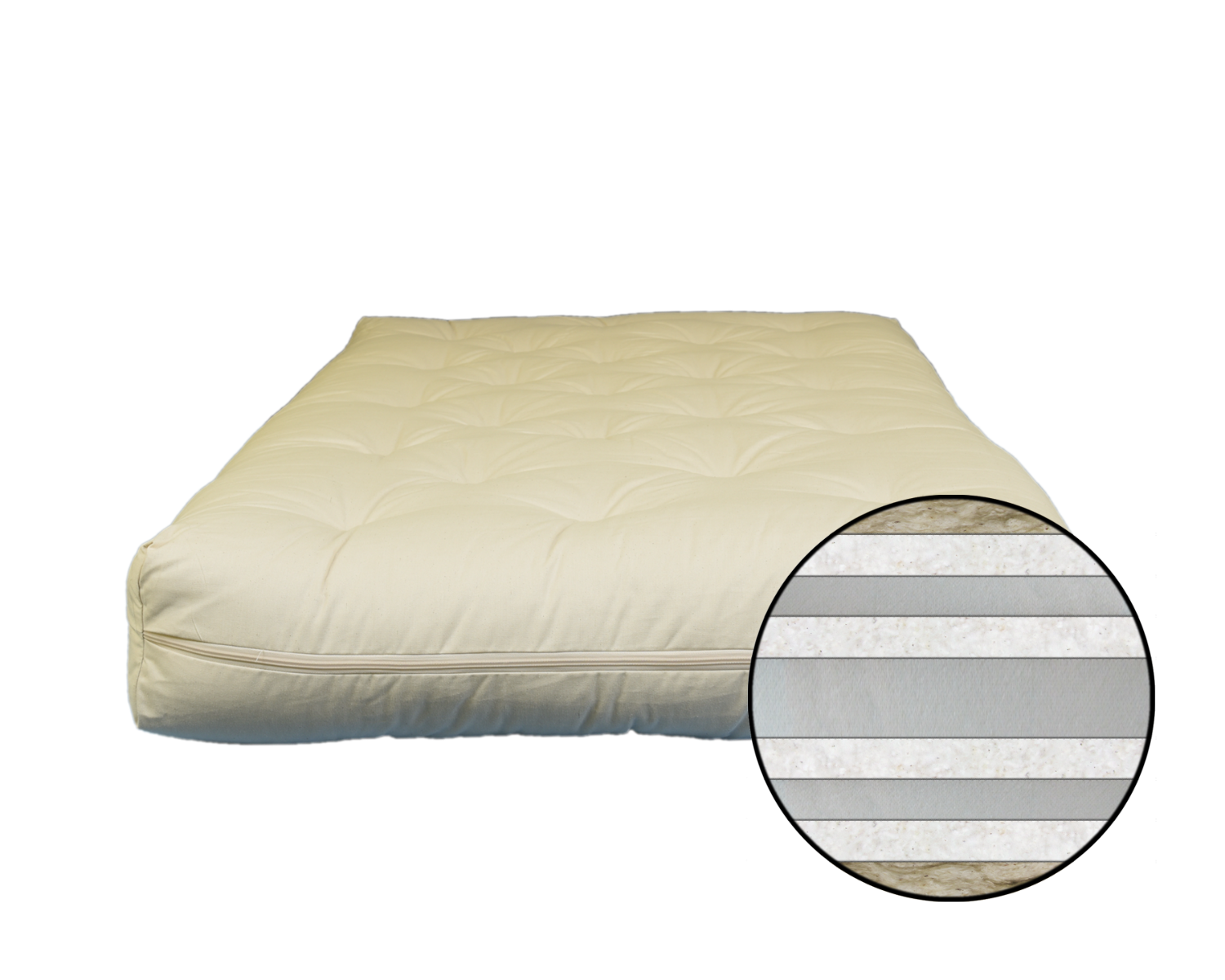Everyone loves sinking into a bed that feels, smells, and looks fresh and clean. This luxurious experience can appear to be hard to get by, but you can achieve it with a simple hack.
We’re talking about cleaning your bedding essentials at the right frequency. Most don’t realize that a bed is not a simple piece of furniture. It is also home to allergens, bacteria, and microscopic organisms that are generally invisible to the naked eye.
Suppose you don’t clean your bedding items frequently. In that case, your bed can become the breeding ground of all unwanted microorganisms that can cause allergies, respiratory issues, skin infections, and various other health challenges.
When you sleep, your bed absorbs all the dead skin cells, sweat, body oils, moisture, etc., from your body. It eventually becomes the feast of all bacteria, dust mites, and allergens staying on your bed. While it may sound gross, it is a fact true for everyone.
Hence, people must make it a habit to clean their bedding to maintain comfort and health. This blog covers everything you need to know about cleaning your bedding, so read until the end.
Cleaning Frequency Guide
Bedding typically comprises a mattress, pillow, sheets, duvet inserts, comforters, blankets, etc. While they all make a complete bedding arrangement, each element is different and requires a different washing approach and frequency. If you have never washed your bedding before, you can start using the following information:
-
Sheets
Sheets are one of the front-line defenders in your bedding arsenal because they come in direct contact with your skin. If you sweat a lot or often go to sleep without removing all your makeup, your sheets can absorb everything, attracting more allergens, bacteria, etc.
Hence, you should ideally change or wash your sheets every week for a healthier and more restful sleep. You can also wash the sheets more frequently if you sometimes eat on your bed.
Follow a few basic bedding hygiene rules to reduce the need for frequent washing if you cannot wash your sheets every three days.
For example, start taking a shower before bed, remove all makeup, don’t eat or drink anything on the bed, avoid sleeping with socks, and don’t apply body oil or lotion right before sleeping.
These golden tips will keep your sheets clean and fresh for longer, supporting your overall health and sleep experience.
-
Pillows
It is the second most important bedding item because you lay your head directly on it. So, your sweat, body oil, dead skin cells, etc., accumulate on pillows faster than on other bedding items.
Since pillows are fluffy and filled with numerous materials like memory foam, gel, cotton, natural latex, buckwheat hulls, etc., you cannot clean them weekly as you do for sheets. Additionally, such materials aren’t fit for regular water washing.
They take longer to dry and become ready for reuse. Pillows should be ideally washed every six months to maintain bedding hygiene. However, check whether the pillow material is washable.
Also, look for specific instructions to ensure you don’t damage the pillows during washing. Since pillows cannot be washed frequently, always keep them covered in high-quality pillow protectors. Pillow protectors can be washed weekly to maintain cleanliness.
-
Duvet Inserts and Covers
Duvet inserts and covers don’t absorb as much dead skin cells, sweat, moisture, etc., as sheets and pillows do, but they do absorb it to some extent. Hence, you must clean your duvets every few weeks.
We recommend checking the duvet materials and washing instructions to determine the right approach. For example, some duvets are designed for machine washing, while others require dry cleaning.
Additionally, duvet inserts filled with materials like feathers, wool, etc., should be cleaned differently. You can place duvet inserts under sunlight as they are a natural antimicrobial agent.
This simple tip lets your duvet inserts breathe, eliminating any odor, bacteria, dust mites, etc. When it comes to duvet covers, consider washing them weekly with pillowcases and sheets.
-
Comforters and Blankets
Comforters and blankets require frequent cleaning. If you live in colder regions that require you to use comforters and blankets regularly, try cleaning them weekly. The washing approach should be determined based on the materials and special washing instructions the manufacturer shares.
You can consider placing them under sunlight as frequently as possible and throwing them in dryers under high heat.
It will help eliminate allergens, dust mites, bacteria, etc., making comforters and blankets safe. Frequent cleaning can remove odor from these bedding items, making them comfortable to use.
Alternatively, you can decide the washing frequency based on the storage conditions, usage, and whether you keep them inside a protective cover.
-
Mattress Protectors
Mattress protectors are among the most essential bedding items because they secure your mattress from damage arising from accidental spills, food bits dropped on it, excessive moisture, etc.
They generally add life to your mattress. You can wash mattress protectors every two months to keep them fresh, clean, and perfect for healthy usage.
However, wash it almost immediately if you spill something accidentally on the protector. You can also determine the washing frequency and approach by factoring in its quality, materials, condition, etc.
If you don’t have enough time to clean them thoroughly, get them professionally cleaned for better results.
Welcome Healthier and More Comfortable Sleep with Bedding Hygiene
Cleaning bedding essentials can appear daunting and time-consuming for most, but it isn’t ‘just another’ chore on your to-do list. This simple task can improve your overall health and rejuvenate your sleeping experiences.
All bedding items, including sheets, pillows, duvet inserts, blankets, etc., are breeding grounds for allergens, dust mites, bacteria, and other microorganisms that go unnoticed by human eyes. However, organic mattresses are made from natural, hypoallergenic materials that resist these allergens and microorganisms, providing a cleaner and healthier sleep environment.
While these microorganisms may seem harmless, they can lead to various health hazards, including infections, allergies, respiratory challenges, etc. The only way to get rid of these harmful microorganisms is to clean your bedding items frequently. You can use this blog as your bedding hygiene manual and follow it to maintain your health and comfort.








